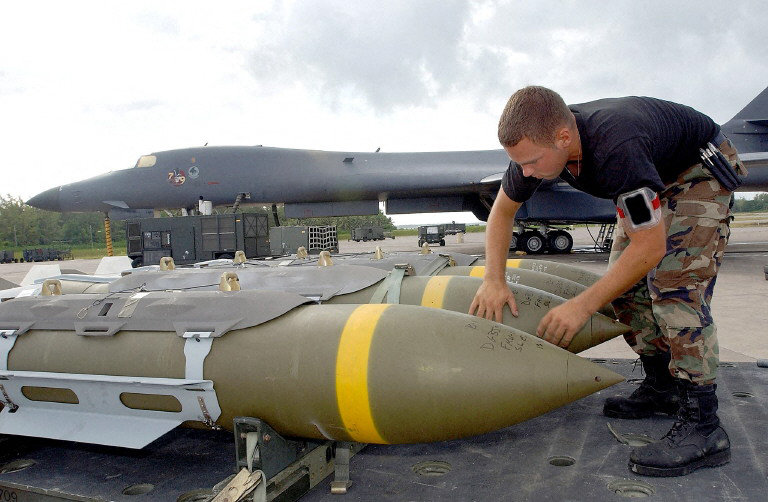RAMALLAH: Just days after the first flight carrying Palestinian citizens took off from Israel’s Ramon Airport, Jordan has voiced growing concerns that it will suffer significant economic losses as a result.
The Palestinian Authority has tried to offer reassurances to the Jordanians. Prime Minster Mohammed Shtayyieh said on Aug. 24 that the airport will not become an alternative to flights from Jordan for Palestinians. This failed to ease the concerns of Jordanian authorities and the business community.
Jordanian MP Khalil Attia said that he will demand that every Palestinian who flies from Ramon Airport be prevented from entering Jordan. Palestinian air travelers face a choice between Jordan, which supports Palestine, or the occupier of their land, he added.
Samih Maaytah, a former Jordanian information minister, accused the PA of colluding with Israeli authorities to facilitate travel by Palestinians from Ramon Airport as an alternative to traveling to Jordan and flying from there. He said that the PA, which is able to control the West Bank and prevent shots being fired at Israel, should also be capable of preventing Palestinians from flying out of Ramon Airport.
Jordanian authorities collect $14 million a year from Palestinians who enter their territory. The country’s treasury therefore stands to lose some portion of that money if large numbers begin to use Ramon Airport instead.
Suleiman Jamhour, a Palestinian travel agent who works with Jordanian, international and Arab airlines that fly from Queen Alia International Airport near Amman, told Arab News that Royal Jordanian and other airlines in Jordan could lose more than 70 percent of their Palestinian passengers. Royal Jordanian has been considered the national carrier for Palestinians for many years, he added.
As an example, he said that more than 90 percent of passengers who fly with Royal Jordanian to and from Chicago, a key destination for the airline, are Palestinian.
Queen Alia Airport itself will also be affected, Jamhour predicted, along with regional airlines such as Fly Dubai and Pegasus.
Royal Jordanian Airlines launched a promotion in Ramallah on June 21 that offers a number of travel benefits and new services for Palestinian passengers. They include discounts of 15 percent on the price of economy-class tickets and 10 percent on business-class tickets, and free hotel accommodation in Amman for passengers flying to destinations in North America and Europe.
Dalia Kaddoura, the airline’s media relations representative, said that Palestinian use of Ramon Airport will be a big economic blow to the airline and could cause a deficit in the state treasury.
Some economists have warned the potential annual losses to Jordan’s transport and tourism sector could amount to $700 million, which is 50 percent of current revenue.
Palestinian authorities said that the average cost of having to travel via Jordan is $143 per person, and that this is reduced to $49 by travel from Ramon Airport.
A hotel manager in Amman, who asked not to be named, told Arab News that Palestinians book about 50 percent of his hotel rooms, especially during the summer. He warned that the hotels sector in his country will undoubtedly suffer adverse economic effects if Palestinians no longer need to fly via Jordan.
Ahmed Amer, who drives Palestinians to Jordan via King Hussein Bridge, told Arab News that he and 200 colleagues are very concerned about the possible decline in the number of passengers and the effect this will have on their jobs, which some have been doing for more than 20 years. Many other transport businesses, car-rental companies, hotels, stores and restaurants also fear they will suffer.
Experts estimate that between 50,000 and 100,000 Palestinian passengers will travel via Ramon Airport during the first year of operation. They expect the figure to rise sharply, as Israel is expected to allow 2 million Palestinians from the Gaza Strip to fly from the airport, in addition to 3 million from the West Bank.
Palestinians may prefer to us Ramon Airport because it will reduce journey times and save them money. It will prevent them from having to pass through three countries within a distance of only 5 kilometers, where they often have to wait for hours at borders to be searched.
In addition, thousands of West Bank citizens are prohibited from traveling to or passing through Jordan for security reasons because they were previously arrested by Israeli security forces.
Samir Hulileh, a Palestinian economist, told Arab News that he expects Jordan's economic losses due to the reluctance of Palestinians from the West Bank to travel through it to exceed $700 million a year.
“Jordan must improve the situation and treatment at the crossings with the West Bank, as this is its responsibility to every visitor to Jordan, without considering it a favor for the sake of the Palestinians, because we gain from each other and we must help each other,” he said.
He believes Israel’s motive for allowing Palestinians from the West Bank to fly from Ramon Airport is primarily economic. Nevertheless, he does not believe the Palestinian-Jordanian relationship will be seriously damaged by the opening of airport to Palestinians.
“The Palestinian-Jordanian relationship is not one of transit through Jordan but a relationship of common interests,” he said.
“The Palestinians will not sever their relationship with Jordan because of the availability of an alternative airport. Still, the Jordanians must understand that they may not be traveling through Jordan.”






























